Ensuring harmony of interests of all parties
Continuing the working program of the 5th Session, on the afternoon of June 21, the National Assembly discussed in the hall the draft Law on Land (amended).
Commenting on Clause 3, Article 28, delegate Pham Van Hoa (Dong Thap delegation) suggested that individuals receiving agricultural land transfers must establish an economic organization. In the case of inheritance, blood relatives can give, donate, and transfer land normally.
Land allocation and land lease for public enterprises, if there is a need to use the allocated land for production and business purposes, can choose the form of State land lease with annual payment and will be exempted from land rent. However, it is not allowed to sell owned assets, mortgage land, lease or assets attached to land.
Regarding Article 79 regulating land recovery for traffic connection points and traffic projects with development potential, Mr. Hoa suggested careful consideration when promulgating the Law. Once the implementation is completed, if people file complaints, it will be very difficult to resolve.
Land acquisition for commercial housing development, using 100% agricultural land, investors can negotiate to receive land transfer to carry out the project.
Individuals and households with land participating with investors in the form of transfer, lease, capital contribution with land use rights. In case of failure to reach an agreement, the State will reclaim the land and hand it over to the investor for implementation. The land reclamation must be compensated, supported, and resettled according to the provisions of the Law, ensuring harmony of interests of the State, people whose land is repossessed, and investors.
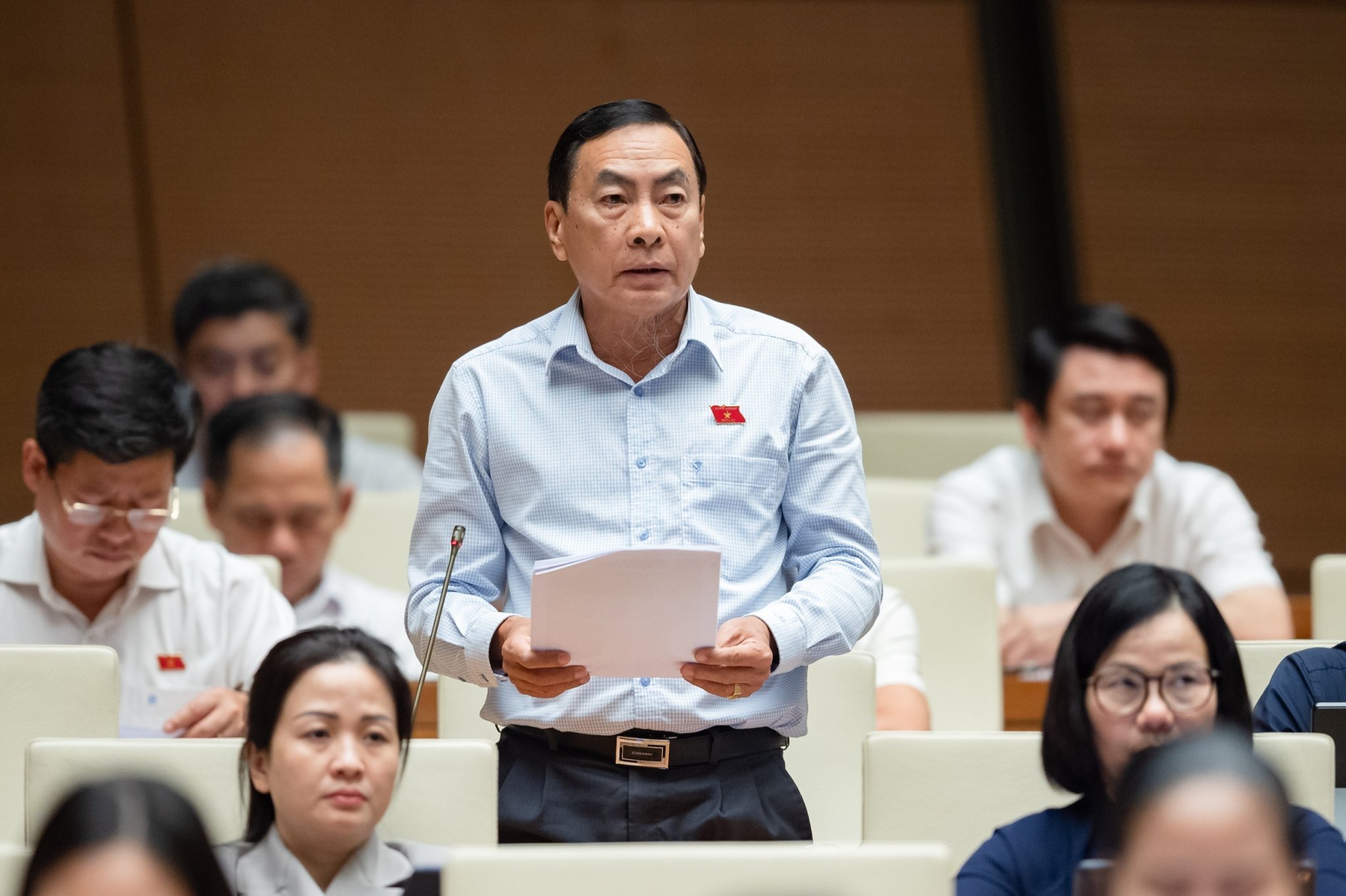
National Assembly Deputy Pham Van Hoa speaks.
Mr. Hoa said that the important issue is how the new place is better than the old place (such as living space, infrastructure, livelihood, resettlement land area, jobs, etc.)
Regarding land fund development, he suggested that the land fund development model and land fund development organization should be merged into one to avoid overlapping tasks and ensure streamlining of the apparatus. The need to pay annual land use fees to the Land Development Fund also needs to be considered because it does not comply with the provisions of the State Budget Law.
Regarding the method of land valuation according to market principles, Mr. Hoa agreed but suggested that it is necessary to clarify policies suitable for each subject, ensuring the harmony of interests of the State, people, investors, and importantly, if investors and people do not agree, it will be difficult to implement the project.
Land prices must be appropriate at each time of land acquisition, beneficial to the people and also beneficial to investors to attract projects, creating resources for socio-economic development.
To ensure unified implementation by localities
Speaking at the discussion, delegate Nguyen Dai Thang (Hung Yen delegation) suggested that the drafting committee continue to research to have more open regulations on receiving the transfer of agricultural land use rights for organizations and individuals who have the need to invest in large-scale agricultural production.
Regarding the principle of compensation and resettlement support when the State reclaims land, Mr. Thang suggested that it is necessary to clearly state in the Law that the principle of land reclaimation by the State must ensure that people whose land is reclaimed have a place to live, ensuring a life equal to or better than their old place of residence.
Regarding cases of land allocation without auctioning land use rights, delegates proposed adding cases where the State leases land and collects a one-time fee for the entire lease term to ensure fairness and equality in land lease cases.
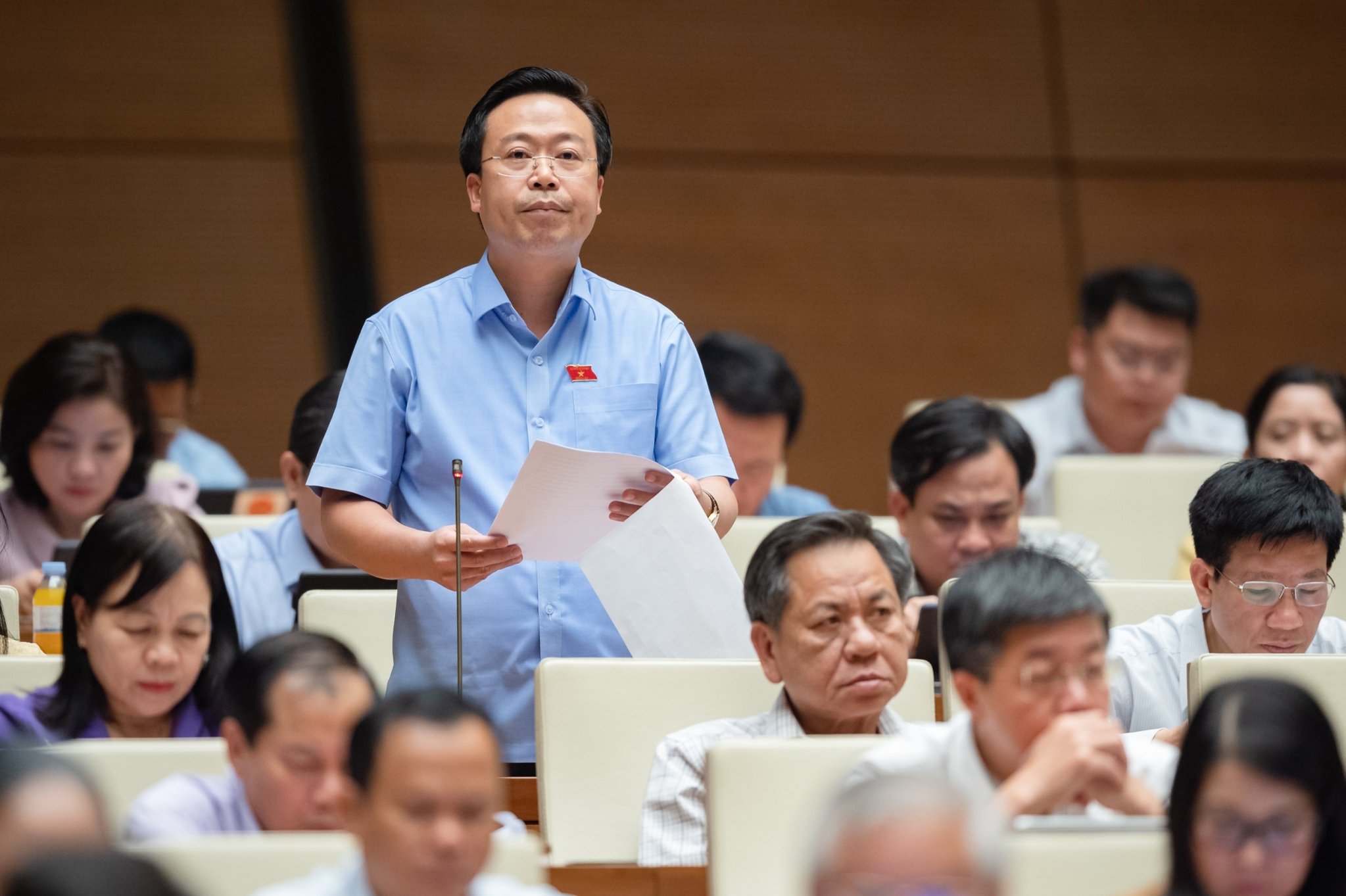
Delegate Nguyen Dai Thang.
Concerned about the content of regulations on converting the purpose of using rice-growing land and forest land, delegate Nguyen Thi Kim Anh (Bac Ninh delegation) said that rice is a basic grain, a staple food crop, a key crop in Vietnam's agriculture. Rice-growing land is land with high structure and nutritional value, and takes hundreds of years to form.
By 2030, our country aims to continue to improve the efficiency of agricultural land use and stabilize the area of rice-growing land to ensure national food security.
To achieve the goal of maintaining rice and forest land areas, delegates said that it is necessary to strictly manage the planning of rice and forest land areas, which are specifically determined for each locality, down to the commune level. With the need to develop the country, the need to convert the purpose of using rice and forest land to non-agricultural purposes is inevitable.
With the goal of ensuring food security and adapting to climate change, she suggested that it is necessary to regulate the investigation, assessment, statistics, counting, quantification, and full accounting of the efficiency of agricultural land use in the economy.
Ms. Anh also proposed to stipulate in the law the criteria and conditions for converting the purpose of using rice-growing land and forest land to other purposes, which is an important basis for localities to implement uniformly nationwide.
Specifically, it is proposed to add some criteria such as: Not being allowed to convert agricultural land purposes after it has been accumulated and concentrated to non-agricultural purposes, having a report assessing the impact and feasibility of the project, and linking the project owner's responsibility to the community .
Source


![[Photo] Many streets in Hanoi were flooded due to the effects of storm Bualoi](https://vphoto.vietnam.vn/thumb/1200x675/vietnam/resource/IMAGE/2025/9/29/18b658aa0fa2495c927ade4bbe0096df)

![[Photo] General Secretary To Lam attends the ceremony to celebrate the 80th anniversary of the post and telecommunications sector and the 66th anniversary of the science and technology sector.](https://vphoto.vietnam.vn/thumb/1200x675/vietnam/resource/IMAGE/2025/9/29/8e86b39b8fe44121a2b14a031f4cef46)
![[Photo] National Assembly Chairman Tran Thanh Man chairs the 8th Conference of full-time National Assembly deputies](https://vphoto.vietnam.vn/thumb/1200x675/vietnam/resource/IMAGE/2025/9/29/2c21459bc38d44ffaacd679ab9a0477c)
![[Photo] General Secretary To Lam chairs the meeting of the Central Steering Committee on preventing and combating corruption, waste and negativity](https://vphoto.vietnam.vn/thumb/1200x675/vietnam/resource/IMAGE/2025/9/29/fb2a8712315d4213a16322588c57b975)
![[Photo] General Secretary To Lam receives US Ambassador to Vietnam Marc Knapper](https://vphoto.vietnam.vn/thumb/1200x675/vietnam/resource/IMAGE/2025/9/29/c8fd0761aa184da7814aee57d87c49b3)
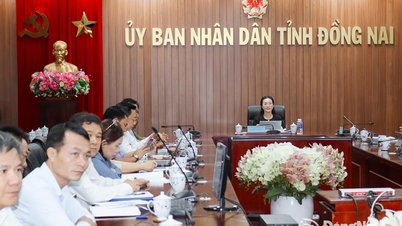









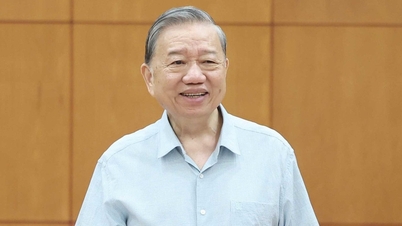





































































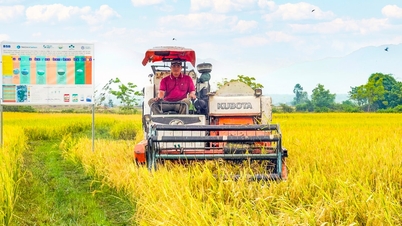

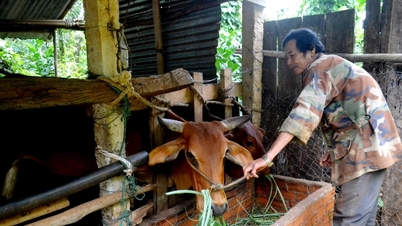
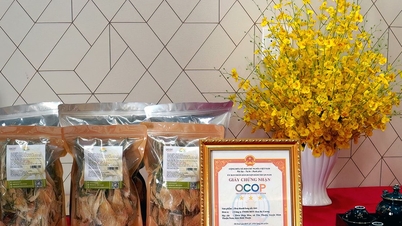
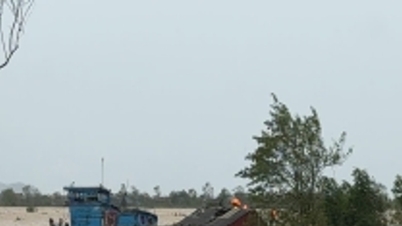













Comment (0)